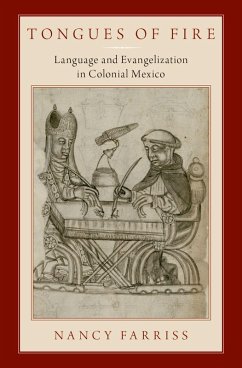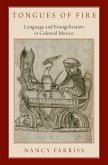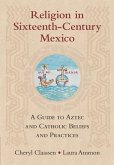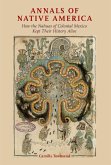In
Tongues of Fire, Nancy Farriss investigates the role of language and translation in the creation of Mexican Christianity during the first centuries of colonial rule. Spanish missionaries collaborated with indigenous intellectuals to communicate the gospel in dozens of unfamiliar local languages that had previously lacked grammars, dictionaries, or alphabetic script. The major challenge to translators, more serious than the absence of written aids or the great diversity of languages and their phonetic and syntactical complexity, was the vast cultural difference between the two worlds. The lexical gaps that frustrated the search for equivalence in conveying fundamental Christian doctrines derived from cultural gaps that separated European experiences and concepts from those of the Indians. Farriss shows that the dialogue arising from these efforts produced a new, culturally hybrid form of Christianity that had become firmly established by the end of the 17th century. The study focuses on the Otomangue languages of Oaxaca in southern Mexico, especially Zapotec, and relates their role within the Dominican program of evangelization to the larger context of cultural contact in post-conquest Mesoamerica. Fine-grained analysis of translated texts reveals the rhetorical strategies of missionary discourse. Spotlighting the importance of the native elites in shaping what emerged as a new form of Christianity, Farriss shows how their participation as translators and parish administrators helped to make evangelization an indigenous enterprise, and the new Mexican church an indigenous one.
Dieser Download kann aus rechtlichen Gründen nur mit Rechnungsadresse in A, B, BG, CY, CZ, D, DK, EW, E, FIN, F, GR, HR, H, IRL, I, LT, L, LR, M, NL, PL, P, R, S, SLO, SK ausgeliefert werden.









